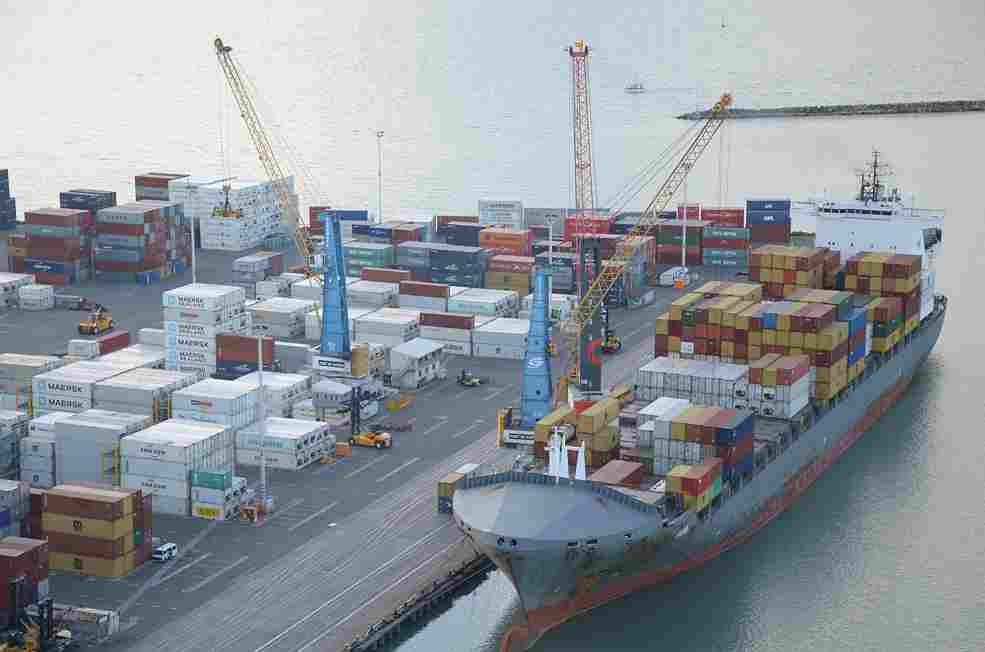
Impact of Maritime Piracy on Bunker Fuel
The Impact of Maritime Piracy on Bunker Fuel
Maritime piracy remains a significant challenge for global shipping operations, impacting various aspects of maritime trade, including bunker fuel procurement and costs. This article explores the multifaceted impact of maritime piracy on bunker fuel, examining the economic, operational, and security implications for the maritime industry.
Economic Impact
- Increased Costs: Maritime piracy contributes to increased insurance premiums, security measures, and operational expenses for vessels navigating high-risk areas. These additional costs directly impact bunker fuel expenditures, as shipping companies allocate resources to enhance security protocols and ensure safe passage.
- Disruption of Supply Chains: Piracy incidents disrupt maritime supply chains, leading to delays in fuel deliveries and logistical challenges. Vessels may alter routes, necessitating unplanned bunker fuel purchases at higher prices or increased fuel consumption due to longer voyages, further escalating operational costs.
- Market Instability: Heightened piracy activities in key shipping lanes, such as the Gulf of Aden or the Gulf of Guinea, create market uncertainties and price volatility in bunker fuel markets. Suppliers may adjust pricing strategies in response to perceived risks, influencing global fuel prices.
Operational Implications
- Safety Concerns: Piracy threats pose significant safety risks to crew members, vessels, and cargo. Heightened security measures and defensive tactics may impact vessel speed, routing decisions, and operational efficiency, affecting bunker fuel consumption rates.
- Insurance and Risk Management: Shipping companies invest in comprehensive insurance coverage and risk management strategies to mitigate potential losses from piracy-related incidents. These measures contribute to overall operational costs and indirectly influence bunker fuel procurement strategies.
- Legal and Compliance Obligations: Compliance with international maritime regulations and industry guidelines on piracy prevention requires investments in security training, equipment, and adherence to best practices. These initiatives aim to safeguard vessels and crew while managing bunker fuel-related risks.
Security and Strategic Responses
- Collaborative Security Initiatives: International efforts, such as naval patrols, industry alliances, and collaborative security agreements, aim to deter piracy and protect shipping lanes. These initiatives enhance maritime security, reduce piracy risks, and stabilize bunker fuel supply chains.
- Technological Solutions: Adoption of satellite tracking systems, advanced communication technologies, and automated surveillance tools improves situational awareness and enables early detection of piracy threats, enhancing vessel security and operational resilience.
- Industry Resilience: Despite piracy challenges, the maritime industry continues to innovate and adapt through risk assessment, crisis management protocols, and strategic partnerships. These efforts bolster industry resilience and mitigate the impact of piracy on bunker fuel operations.
Future Outlook
- Regional Dynamics: Monitoring piracy trends in high-risk regions and adapting risk mitigation strategies accordingly will be crucial for managing bunker fuel costs and operational efficiency.
- Regulatory Landscape: Continued collaboration among stakeholders, adherence to international maritime laws, and support for piracy prevention measures will shape future regulatory frameworks and industry responses.
- Technology Advancements: Leveraging emerging technologies, such as blockchain for transparent supply chain management and autonomous vessels for enhanced security, will redefine bunker fuel logistics and security paradigms in the face of piracy threats.
Conclusion
Maritime piracy significantly impacts bunker fuel operations, influencing costs, safety protocols, and supply chain dynamics in global shipping. As the maritime industry navigates these challenges, proactive measures, technological advancements, and collaborative efforts are essential to safeguarding bunker fuel supply chains, ensuring operational resilience, and sustaining economic stability amidst piracy-related risks. By addressing piracy threats comprehensively, stakeholders can mitigate vulnerabilities and uphold sustainable practices in the bunker fuel sector.





